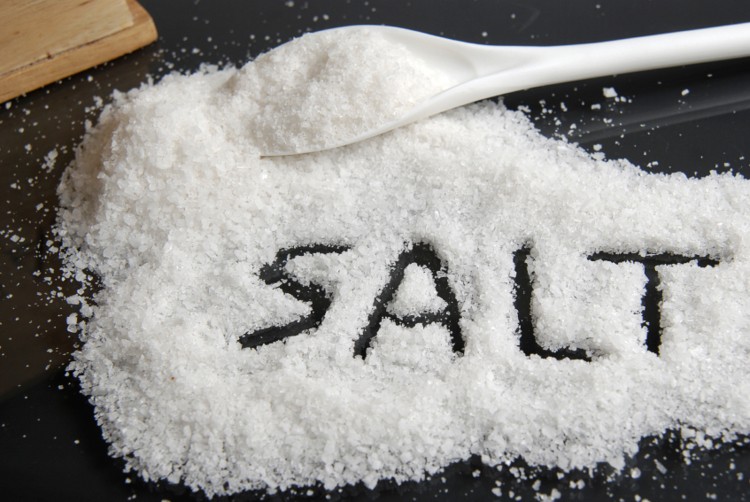 Stakeholders in the health sector have blamed excess salt intake for the spike in sudden deaths among Nigerians.
Stakeholders in the health sector have blamed excess salt intake for the spike in sudden deaths among Nigerians.
The group, under the aegis of the Corporate Accountability and Public Participation Africa (CAPPA), Network for Health Equity and Development (NHED), noted that loopholes in existing food safety policies and regulatory mechanisms had adversely impacted the quality of food produced, marketed and consumed by the populace.
According to CAPPA Executive Director, Mr Akinbode Oluwafemi, at a press briefing titled: “Bouillion fortification: Public health versus profit” held in Abuja, said Nigeria records an average daily salt consumption, reaching up to 10 grams per day, dangerously exceeding the World Health Organisation’s (WHO) recommended limit of two grams of sodium per day or less than five grams of salt per day, which is equivalent to just one teaspoon of salt daily.
Lamenting the rising burden of non-communicable diseases and the rising ‘slump attack’ in the country, he faulted the claim by the National Food Consumption and Micronutrient Survey (NFCMS) that Bouillon cubes remained a food vehicle for delivering iron and Zinc to households to combat micronutrient deficiencies in Nigeria.
The stakeholders maintained that NFCMS’ position defied WHO’s criteria for food vehicle selection, which stated that a suitable food vehicle must not pose a threat to public health.
They contended that fortifying another high sodium food such as bouillon would put Nigerians at risk of a higher sodium intake, adding that it was unfortunate that industry players and their co-travellers were disseminating unverified scientific information, false research claims and spreading deceptive marketing information through social media influencers to promote Mono Sodium Glutamate (MSG) and bouillon as nutritious, safe and healthy for human consumption without also informing consumers that these products contain harmful quantities of sodium, which could lead to hypertension, heart, and kidney failure.
They, thereby, called for the immediate discontinuation of ongoing plans to use Bouillon as a food vehicle for fortification as it did not meet all WHO’s criteria.
They stressed the need for collaboration between all critical agencies on ensuring that food fortification does not exacerbate Nigeria’s NCD problems through unintended consequences as well as the implementation of Front-of-Pack labels and enforcement of global best practices in the implementation of nutrient profile models for packaged foods in Nigeria
NHED Technical Director, Dr Jerome Mafeni, who spoke in the same vein, urged the Federal Ministry of Health and Social Welfare, the National Agency for Food and Drugs Administration and Control (NAFDAC), and other relevant agencies to accelerate preliminary activities for salt and sodium regulation in Nigeria.
“The time for action is now. We must prioritise public health over profit and ensure that the food products available in our markets do not pose unnecessary risks to the health of our citizens,” he noted.






